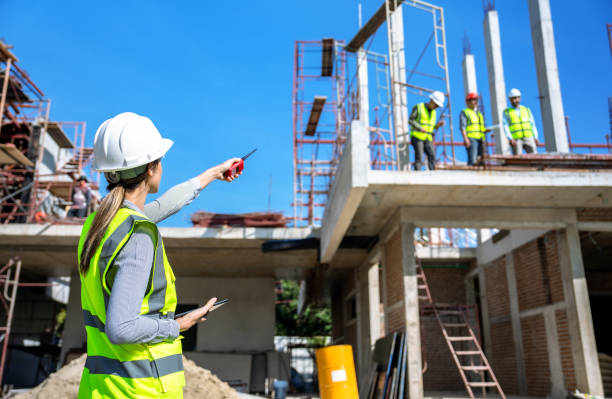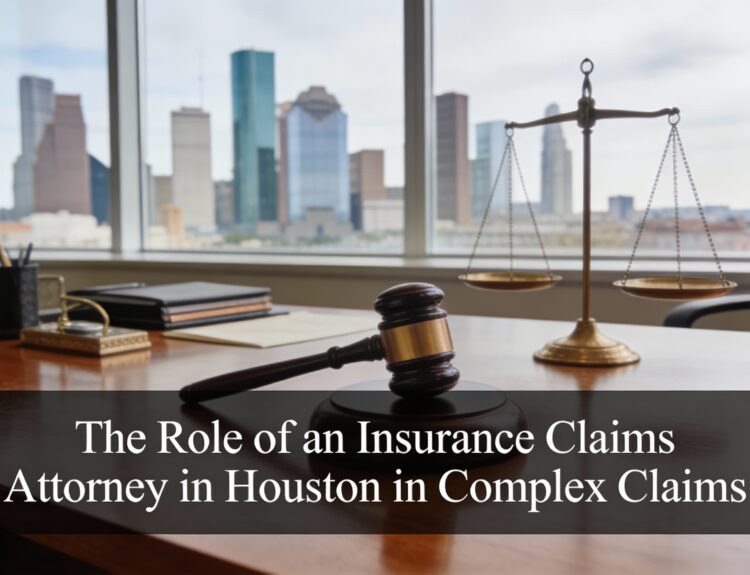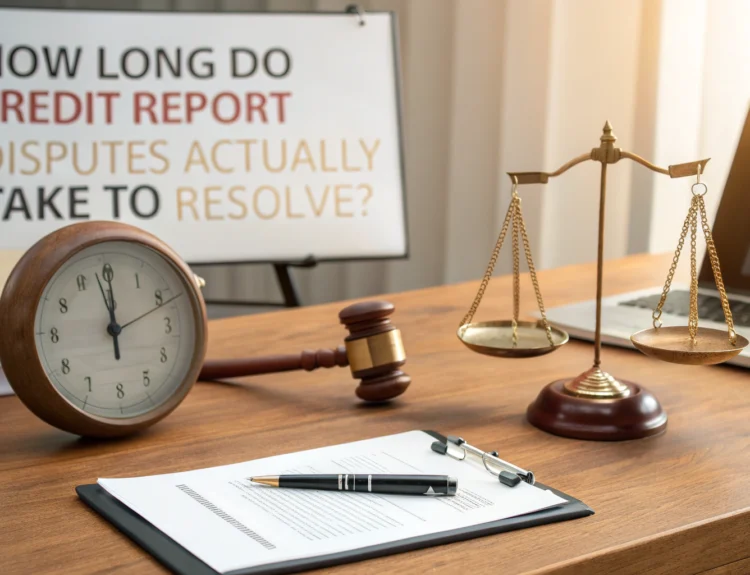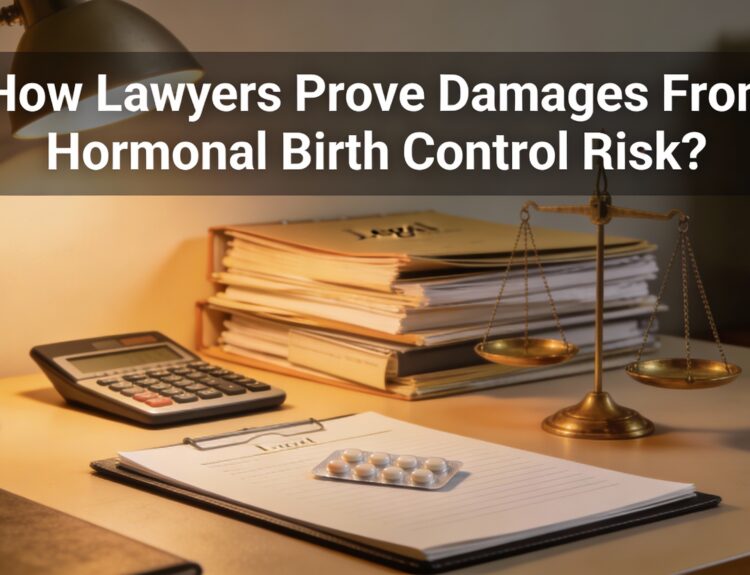Construction projects involve complex operations requiring meticulous planning, coordination, and execution. When issues arise, such as structural defects, timeline disruptions, or contractual disputes, specialized construction professionals serving as contractor expert witnesses become invaluable resources. These professionals leverage their industry experience and technical knowledge to help resolve complicated construction-related legal matters. This article explores their crucial role in construction litigation and the value they bring to all parties involved.
A construction professional who serves as a litigation specialist possesses extensive field experience and provides authoritative testimony in legal proceedings related to building disputes. These individuals have comprehensive knowledge of construction methodologies, industry standards, project management principles, and regulatory requirements. Their expertise allows them to analyze structural problems, evaluate project delays, and provide informed opinions on liability and damages.
Unlike standard builders who focus on completing projects, these specialists apply their knowledge to forensic analysis and litigation support. They bridge the gap between complex construction concepts and legal proceedings, making technical information accessible to judges, juries, and other stakeholders without construction backgrounds.
Contents
Qualifications and Expertise Required
To serve effectively in this specialized role, professionals must possess specific qualifications and expertise. Most are seasoned veterans with decades of hands-on experience managing construction projects. Their backgrounds typically include:
- Extensive practical experience with appropriate licensing
- Advanced education in construction management, civil engineering, or related fields
- Professional certifications such as Certified Construction Manager (CCM) or Professional Engineer (PE)
- Thorough understanding of building codes and industry standards
- Experience with various project delivery methods and contract structures
- Knowledge of construction scheduling and critical path method analysis
- Familiarity with legal procedures and testimony requirements
The most effective specialists combine technical knowledge with excellent communication skills, allowing them to explain complex construction concepts in clear, understandable terms to non-technical audiences.
Key Areas Where These Specialists Provide Value
Building Defect Cases
Construction defect litigation represents one of the most common scenarios requiring specialized construction testimony. These cases involve allegations that work was performed improperly, resulting in structural issues, water intrusion, system failures, or other problems that compromise the building’s integrity or functionality.
In these situations, the construction specialist conducts thorough investigations to determine:
- Whether defects actually exist
- The cause and origin of identified problems
- Whether work met applicable building codes and industry standards
- The appropriate scope of repair needed to remedy issues
- The estimated cost of necessary repairs
- Whether design professionals, builders, subcontractors, or other parties bear responsibility
Through careful analysis and documentation, these professionals provide evidence-based opinions that help courts determine liability and appropriate compensation.
Project Delay and Disruption Analysis
When construction projects exceed their contractual completion dates, significant financial implications often follow. A contractor expert witness plays a critical role in analyzing delays by:
- Reviewing project schedules and updates
- Identifying critical path activities and their impact on completion dates
- Analyzing concurrent delays and their causes
- Evaluating acceleration efforts and their effectiveness
- Quantifying the financial impact of delays
- Determining which parties bear responsibility for various delay events
This analysis requires sophisticated scheduling knowledge and an understanding of how multiple factors interact within complex construction timelines.
Standard of Care Assessments
One crucial function of these construction specialists is determining whether parties met the standard of care expected within the industry. This involves evaluating whether actions aligned with what another reasonable professional would have done under similar circumstances.
Standard of care assessments examine:
- Project management practices
- Quality control procedures
- Supervision protocols
- Documentation practices
- Communication with stakeholders
- Response to unforeseen conditions
- Safety protocols and implementation
These evaluations help courts determine whether professionals fulfilled their contractual and professional obligations appropriately.
The Investigation and Analysis Process
Document Review and Site Inspections
When engaged for a case, the construction litigation specialist begins with comprehensive documentation review, examining:
- Project contracts and specifications
- Construction drawings and revisions
- Submittals and shop drawings
- Daily reports and meeting minutes
- Correspondence between parties
- Change orders and RFIs (Requests for Information)
- Progress photographs and videos
- Schedule updates and delay notices
Following document review, the specialist typically conducts thorough site inspections to observe conditions firsthand, document existing defects, and gather additional evidence. These inspections may involve non-destructive or destructive testing to evaluate underlying conditions not visible during surface examination.
Report Development and Professional Opinions
After comprehensive investigation, the construction specialist prepares detailed reports outlining their findings and opinions. These reports typically include:
- Background information and qualifications
- Documents reviewed and methodologies employed
- Factual findings from document review and site inspections
- Analysis of applicable standards and requirements
- Opinions regarding causation, liability, and damages
- Supporting evidence, photographs, and technical data
- Cost estimates for repairs or delay impacts
- Conclusions and professional assessments
These reports serve as the foundation for subsequent testimony and may influence settlement negotiations before cases reach trial.
The Construction Specialist in Legal Proceedings
Deposition Testimony
Before trial, the construction litigation specialist typically provides deposition testimony, answering questions under oath from opposing counsel. This process allows all parties to understand the specialist’s opinions and the bases for those opinions. During depositions, these professionals must:
- Clearly articulate technical concepts
- Defend their methodology and conclusions
- Maintain consistency with written reports
- Respond to hypothetical scenarios
- Address alternative theories or interpretations
Successful deposition testimony requires both technical expertise and the ability to remain composed under challenging questioning.
Trial Testimony and Demonstrations
If cases proceed to trial, the construction specialist provides testimony to educate judges and juries about complex issues. Effective trial testimony often incorporates:
- Visual aids and demonstrations
- Construction models or samples
- Timeline reconstructions
- Comparative analyses
- Clear explanations of industry terminology
- Analogies that make technical concepts accessible
Through these methods, construction specialists help fact-finders understand the technical aspects necessary for fair and informed decisions.
Benefits of Engaging a Construction Litigation Specialist
Early Case Assessment
Engaging a construction specialist early in potential litigation provides significant advantages. These professionals can:
- Assess claim validity before significant legal expenses accrue
- Identify strengths and weaknesses in positions
- Suggest additional documentation or evidence to collect
- Estimate potential damages accurately
- Provide realistic expectations regarding outcomes
This early assessment helps parties make informed decisions about settlement versus litigation strategies.
Alternative Dispute Resolution Support
Many construction disputes resolve through mediation or arbitration rather than trial. In these settings, a general contractor expert witness provides valuable technical insights that facilitate resolution. Their involvement can:
- Focus discussions on relevant technical issues
- Provide neutral evaluations of conflicting claims
- Suggest practical compromise solutions
- Quantify reasonable compensation amounts
- Bridge communication gaps between technical and non-technical participants
This support often leads to more efficient resolutions that avoid the cost and uncertainty of protracted litigation.
Risk Management and Prevention
Beyond active disputes, these specialists frequently help companies implement proactive risk management strategies. Their insights from past litigation inform:
- Contract language improvements
- Documentation protocols
- Quality control procedures
- Communication systems
- Project management methodologies
These preventative measures help minimize future disputes and strengthen positions should litigation arise.
Selecting the Right Construction Litigation Specialist
Choosing an appropriate construction specialist requires careful consideration of several factors:
- Relevant experience with similar project types
- Geographic familiarity with local building codes and practices
- Educational background and professional credentials
- Previous testimony experience
- Communication skills and presentation ability
- Availability for case-related activities
- Potential conflicts of interest
- Reputation for objectivity and credibility
The most effective specialists combine strong technical credentials with the ability to communicate complex information clearly and maintain credibility under cross-examination.
Common Challenges and Considerations
Maintaining Objectivity
Professional construction specialists must maintain strict objectivity despite being hired by one party. Courts expect these professionals to provide honest, unbiased opinions based on facts rather than advocacy positions. This objectivity enhances credibility and ultimately provides greater value to clients.
Evolving Standards and Practices
Construction methods and standards continuously evolve. Effective litigation specialists must stay current with changing practices, materials, and regulatory requirements. This ongoing education ensures their opinions reflect contemporary industry standards rather than outdated practices.
Documentation Limitations
In many cases, construction specialists encounter incomplete documentation, making comprehensive analysis challenging. Skilled professionals develop methodologies to address these gaps through forensic analysis, comparative evaluation, and industry knowledge that allows reasonable conclusions despite documentary limitations.
Technical Communication
Perhaps the greatest challenge for any construction specialist is communicating highly technical information to non-technical audiences effectively. This requires translating industry jargon into accessible language without oversimplifying complex concepts—a skill developed through experience and preparation.
Conclusion: The Vital Role of Construction Expertise in Litigation
The contractor expert witness serves as an essential bridge between construction practices and legal proceedings. By providing objective analysis, clear explanation, and informed opinions, these professionals help courts reach fair resolutions in complex building disputes. Their involvement often determines case outcomes, making their selection and effective utilization crucial components of construction litigation strategy.
For construction companies, property owners, insurers, and attorneys involved in building disputes, engaging qualified specialists early in potential conflicts often provides the technical clarity needed for efficient resolution. As projects grow increasingly complex, the value these professionals bring to the legal process becomes ever more significant.
Whether evaluating defects, analyzing delays, or assessing standard of care, construction litigation specialists bring specialized knowledge that proves essential for fair and informed outcomes in building-related legal matters. Their contribution extends beyond individual cases to improving industry practices and dispute resolution mechanisms throughout the construction sector.




